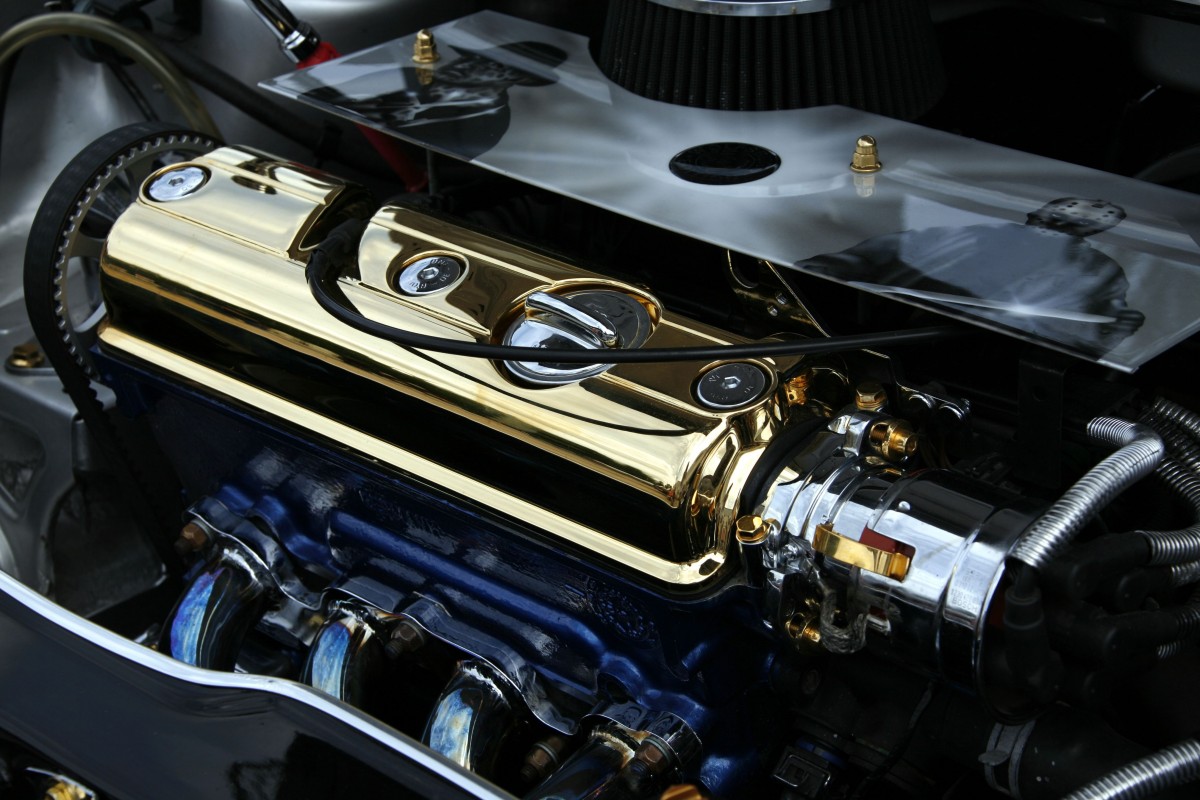If you're on the hunt for an oil change near me, you might be surprised by how much the landscape has changed. With evolving oil formulas, digital transformation, and advanced engines, knowing when to change your oil is more complex than it used to be. This guide provides you with the latest insights to navigate these changes so you can make the best choices for your vehicle. Keep reading to stay ahead of the curve and ensure your car runs smoothly for years to come.
History of Oil Changes
In years past, the general guideline for oil changes was every 3,000 miles or every three months. This practice came into being as a safety precaution, particularly because there was no reliable system to indicate when an oil change was due. However, the automotive landscape has evolved significantly with advancements in both engine technology and oil formulation.
These improvements have allowed for extended oil change intervals, often recommended at 7,500 or even 10,000 miles. Time intervals have also changed, stretching to six or twelve months. But it's not one-size-fits-all — each vehicle may have its own specific needs. Factors such as the car's make and model, age, and any built-in oil-life monitoring systems can all impact how often you need to change the oil.
Following the manufacturer's guidelines per the owner's manual is now more crucial than ever. Adhering to this schedule ensures the longevity of your vehicle and sidesteps problems like how to tell if the engine is damaged from no oil. Newer vehicles are generally equipped to go longer between oil changes, while older models may still need more frequent maintenance.
Modern Practices for Oil Changes: Adapting to Current Recommendations
Understanding how often you should change your engine oil is more nuanced today than in the past, thanks to technological advancements. Here's a breakdown of the current best practices for oil changes in 2023.
Manufacturer's Recommendations
The definitive guide for your vehicle's oil change frequency is its owner's manual. It provides mileage and time intervals tailored to your specific model. Remember that these recommended intervals might vary depending on driving conditions, such as extreme temperatures. They’re easy to find online. For example, Ford offers a library of owner’s manuals. Find yours by entering your VIN or year and model.
Type of Car and Age
Different vehicles have specific needs when it comes to oil changes. Newer cars equipped with more advanced engines may require less frequent oil changes. Conversely, older vehicles may need oil changes more often due to engine wear or outdated technology. Your owner's manual is the best source for make-specific and age-specific recommendations.
Oil-Life Monitoring System
Many modern vehicles come equipped with an oil-life monitoring system. These sophisticated systems use sensors and algorithms to monitor your driving habits, engine stress, and other factors. If your car has such a system, it's advisable to follow its recommendations. However, ensure you're also using the type of oil specified in your owner's manual.
Check the Oil Level
Regardless of how advanced your car's systems are, it's essential to check the oil level manually. Especially in older cars that might consume more oil, use the dipstick to check the oil level monthly or during every other fuel fill-up.
Additional Considerations
While oil-life monitors are generally reliable, some prefer the certainty of a more traditional schedule. As an extra precaution, you might choose to change the oil when the monitor reaches 30% or 50% life.
Conditions like shorter trips, frequent idling, or driving on dusty roads can necessitate more frequent oil changes.
Quick Oil Change Options
If you're pressed for time, search for a 10-minute oil change near me or a drive-thru oil change service center. These services are designed for quick and efficient oil changes, meeting the needs of today's fast-paced lifestyle.
How Technology is Influencing Oil Change Intervals in 2023
Advancements in technology are playing a big role in the automotive industry, including how often you need to change your oil. Technologies such as artificial intelligence, analytics, and the Internet of Things (IoT) are being leveraged to predict vehicle maintenance needs. These developments are particularly impactful in the oil and gas industry, contributing to better asset management and oil quality. Let's explore how this shift is evident in modern engine designs and what it means for both new and older vehicles.
Application-specific Engine Oils
Building on technological advancements, modern engines are becoming increasingly specialized. For instance, engines with Variable Valve Timing (VVT) and Gasoline Direct Injection (GDI) require specific high-quality synthetic oils. These oils not only offer enhanced protection but also retain their viscosity for longer periods, making them key players in extending oil change intervals.
Efficiency and Monitoring Systems
Another noteworthy change is the built-in monitoring systems in newer vehicles. These systems consider multiple factors, such as your driving habits and conditions, to intelligently predict when an oil change is due. Coupled with high-efficiency engines that generate less heat and contaminants, the need for frequent oil changes is further reduced.
The Importance of Synthetic Oils
The trend towards specialized oils goes hand in hand with the rise of synthetic oils. These are engineered to maintain optimal viscosity levels longer and offer superior protection, especially under extreme conditions.
Older Vehicles and Quick Oil Changes
While newer models leverage technology to reduce the frequency of oil changes, older vehicles often can't take advantage of these advancements. If you have an older car, more frequent oil changes might still be necessary. For quick and convenient service, consider looking for a drive-thru oil change near me.
Future Trends Forecast for Modern Engines and Oil Changes
In the coming years, the landscape of engine maintenance and oil changes will continue to evolve due to advancements in engine technology, a growing emphasis on sustainability, and the rise of digital tools. These trends point to a future where vehicle maintenance becomes more efficient and aligned with broader goals. Keeping up with these trends will help you make informed decisions, whether you own a brand-new vehicle or an older model.
Engine Efficiency and Modern Oils
Engines are getting more efficient. New features like turbochargers and gasoline direct injection are becoming common. This leads to a demand for thinner oils. Think of oils marked with 0W, like SAE 0W-40 or 0W-20. These oils aim to boost fuel efficiency and lower emissions, all while protecting your engine. As more new vehicles demand these types of oils, expect to see an increase in 0W oil changes at service providers.
Emphasis on Sustainability
Sustainability is becoming a big deal in the oil and gas industry. Efforts to reduce waste and emissions are on the rise. One notable measure is the recycling of used oil. Also, there's a noticeable shift towards synthetic oils. These oils last longer, allowing you to change them less frequently. The development of smaller, turbocharged engines and stricter fuel economy and emissions standards fuels this trend.
Digital Tools and Customer Engagement
Digitalization is making inroads into the way we manage vehicle maintenance. New digital platforms can track and remind you of your maintenance needs. These aren't just convenient — they're also effective in keeping customers engaged and informed. You're more likely to return to a service provider if you get timely reminders.
Staying Informed: The Future of Oil Changes Awaits You
Understanding the changing landscape of oil changes is a must for anyone who owns a vehicle. The advancements in technology trends and specialized synthetic motor oils have made maintenance easier and more efficient than ever. Even though you may be used to traditional oil change practices, it's essential to adapt to the current trends and keep up with best practices, such as never changing the oil without changing the filter. This not only ensures that your vehicle stays in optimal condition but also keeps you ahead in terms of understanding modern engine maintenance. Armed with this knowledge, you can confidently ensure your car's longevity and performance.







